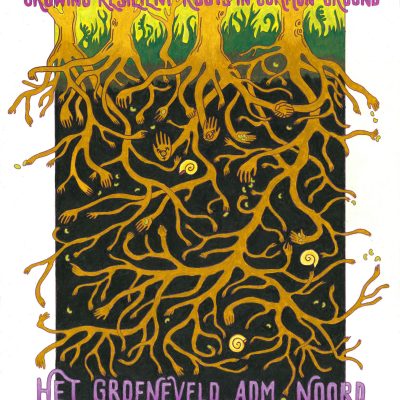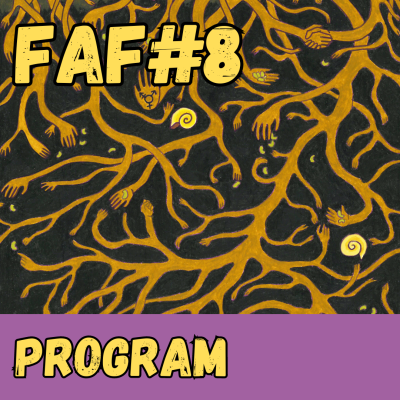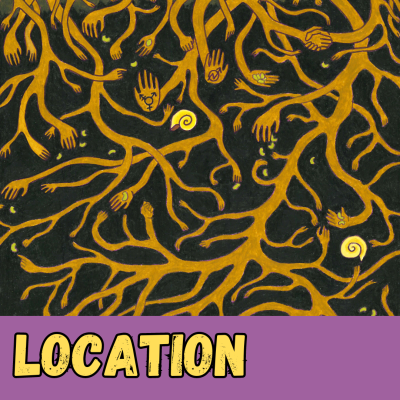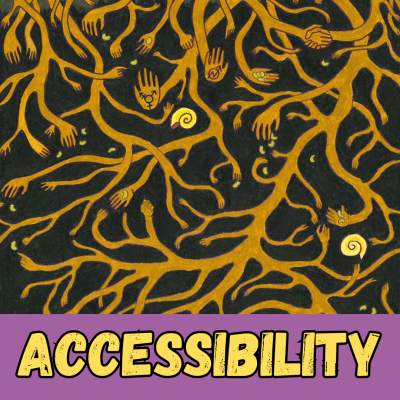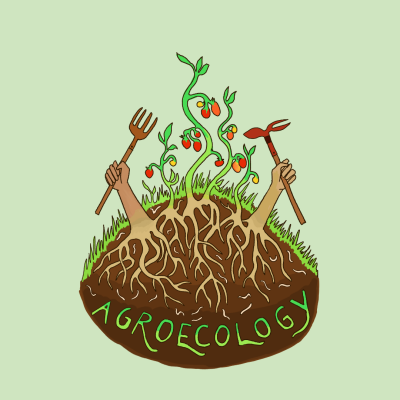ASEED is continuing the bi-monthly themes. We are now saying goodbye to two months of focus on ’Alternatives to industrial agriculture’ and hello to the theme of “Degrowth”. Given the current global crisis we are facing, we in the collective, have found it ever more relevant to put degrowth on the agenda. Degrowth it not just a concept or an economic idea, it is a movement and a philosophy which applies to several aspects of life and our societies.
First, degrowth includes a critique of the current economic system, where everything is commodified, measured by monetary value and the growth of the economies are the goal – also known as capitalism.
Second, and perhaps most important, degrowth is a starting point for alternatives and imaginaries of another societal model in which care and the commons are central. These two in combination opens up for a diverse set of ideas and creative possibilities of how to organise so that not just humans, but also the non-human world can flourish.
At the core, degrowth entails de-colonisation, feminism, intersectionality and environmental justice. Without these aspects a degrowth society cannot come true.
To show that degrowth is not just an utopian ideal we can look at already exciting initiatives that is an embodiment of the degrowth philosophy. Throughout grassroot communities people are already organising in urban gardens, Community Supported Agriculture (CSA) projects, food coops and community kitchens which are all examples of degrowth projects – even though they might not be labelled as such. These forms of organising can inspire us and bring us closer to an understanding of how to do degrowth.
The coming two months we are going to elaborate much more on these concepts. The field of degrowth is very rich and there is much to explore from agriculture to social organising to economics. We look forward to having you take part in these discussions as we strive to create new commons together.


